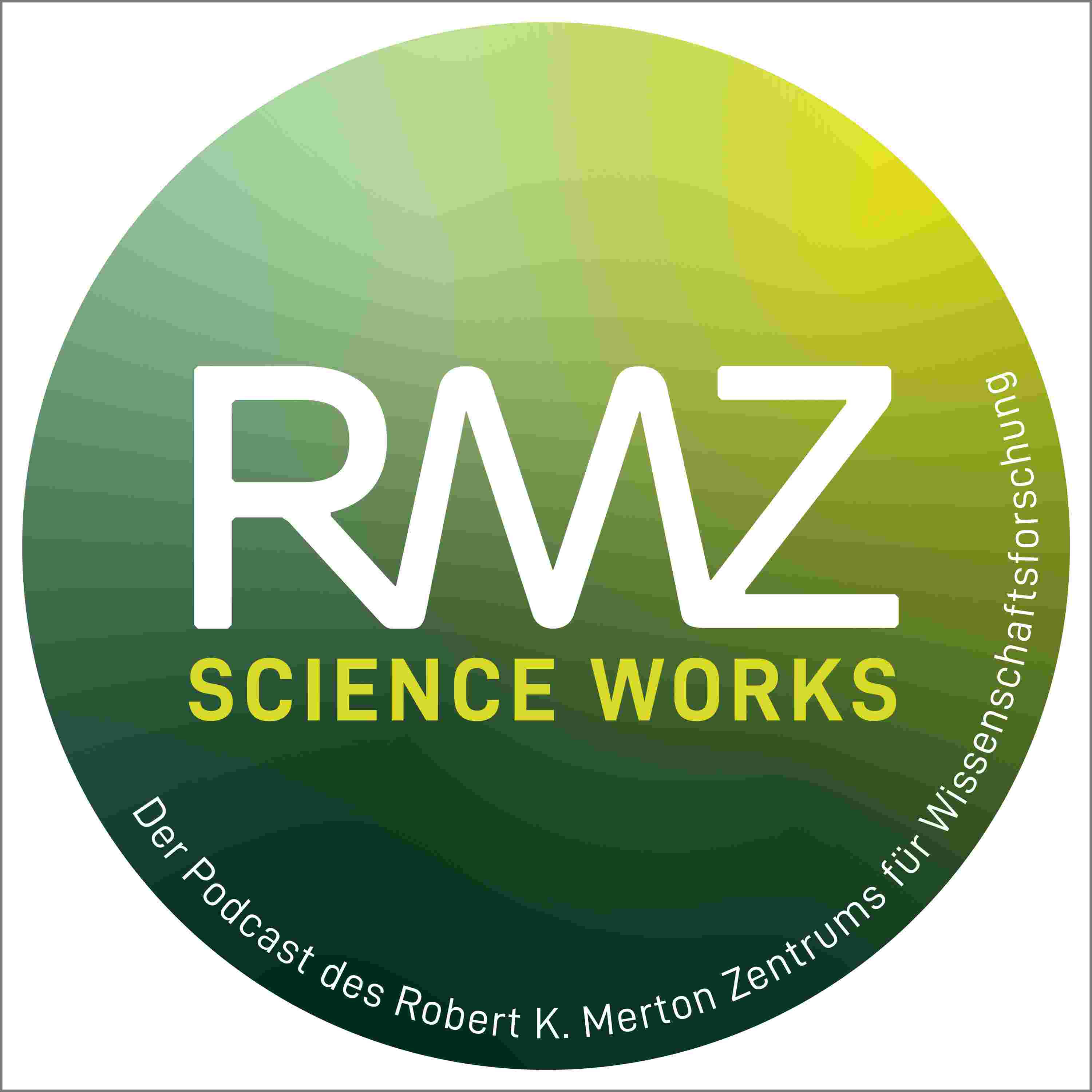

For decades, research assessment infrastructure has been shaped by closed, centralized systems that prioritize selectivity, reinforce hierarchies, and define what counts as scholarly impact. This talk traces the historical evolution of bibliometrics, from the first citation analysis in the early 20th century via the revolutionary development of the Science Citation Index to the dominance of commercial data analytics companies like Clarivate and Elsevier today. The talk will highlight how these infrastructures have perpetuated power imbalances—determining who gets to define impact, what types of knowledge are valued, and whose labor is made visible.
Currently research assessment and the underlying bibliometric infrastructure are undergoing a transformation. The increasing availability of open bibliographic sources (e.g., Crossref, OpenAlex, DataCite, DOAJ), metadata accessibility, and alternative models of research evaluation are challenging traditional hierarchies and enabling more inclusive and transparent assessment practices.
Using a data feminist lens, this talk will critically examine both the past and present of research assessment infrastructure, advocating for a shift that embraces pluralism, contextualizes metrics, and recognizes the diverse contributions that shape scholarly knowledge. By reflecting on historical lessons and current developments, we can envision a research assessment system that is more equitable, open, and reflective of the complexities of academic work.